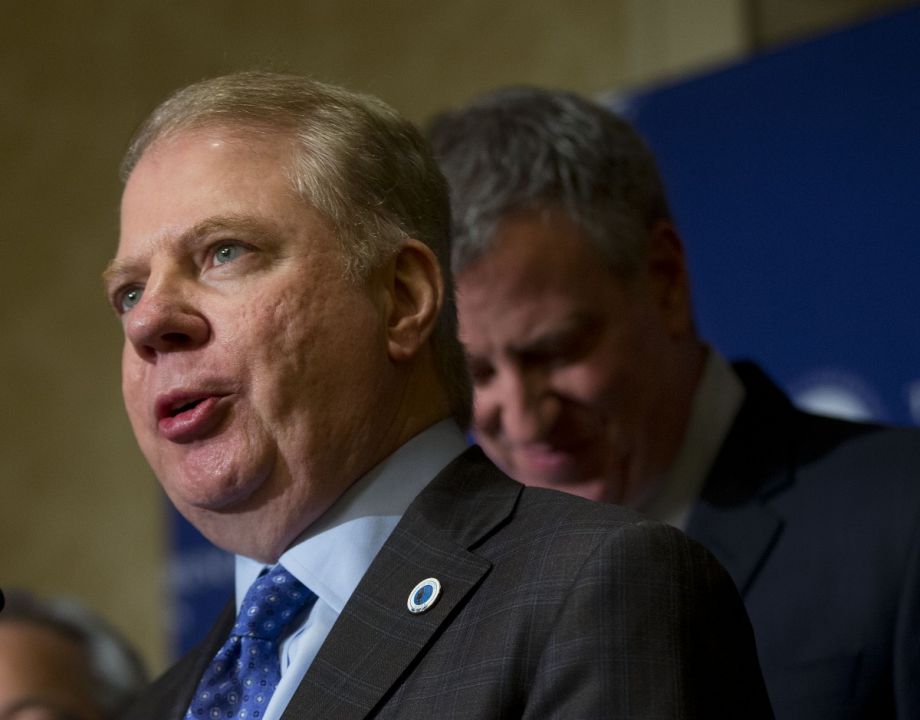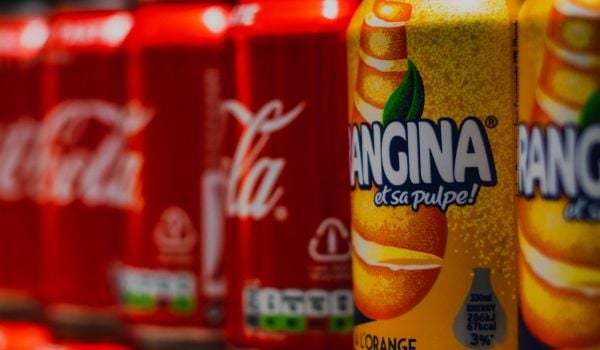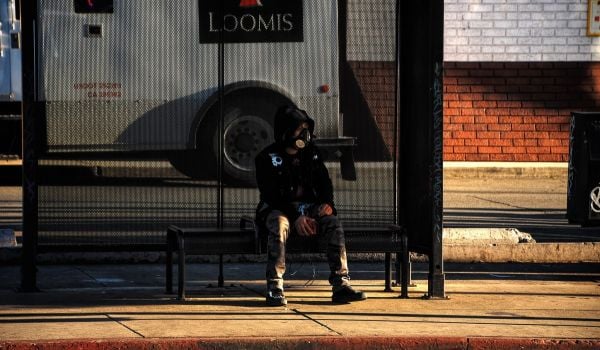Last weekend, Seattle officials held their first outreach meeting for a $900 million transportation levy called Move Seattle. Proposed by Mayor Ed Murray on March 2nd, the tax addresses public transit along with street, sidewalk and bridge maintenance and emphasizes bike and pedestrian safety. In draft proposal form, at least, it’s an ambitious package with clear multimodal priorities. It’s also the largest transportation levy in city history.
So, can it pass?
The Seattle area has a lukewarm history with large transportation bonds but, like many metro regions, city-dwellers tax themselves more readily than suburban residents, giving this Seattle-only measure a better shot. And the region’s progressive politics favor rail/bus/bike taxes over freeway/road expansions, so Move Seattle seems locally in sync.
But several things could work against it. They are: 1. Anti-growth backlash to the city’s increasing density, 2. Bertha, the world’s largest tunneling machine and 3. An overturned fish truck.
Let’s start with the first (and save the fish truck for last).
Roger Valdez is the director of Smart Growth Seattle. For the most part, he likes Move Seattle and feels optimistic that it will pass, citing Seattleites willingness to self-tax for visible capital improvements.
Still, he sees the city’s transportation and land use policies splitting, shoehorned by parking. Last year, for example, a legal decision upped parking requirements for some new development — a threat to density, despite the fact that Move Seattle’s bus and bike lanes would thrive on compact growth. And he says that parking could get in the levy’s way.
“We’re doing all these things like emphasizing bike tracks and trolley — but what happens when people lose their parking spot?” he asks. “The city needs to invest in density, in the land use policies that should come with this levy, and I don’t see that happening. I see it going in the other direction.”
“I think you’re going to see angry neighbors mobilize against this, asking ‘Why should I pay to build more bike infrastructure when I can’t find a place to park?’” he adds.
And it is expensive. The city’s last levy, Bridging the Gap, totaled $365 million and increased the property tax bill of a $450,000 home (roughly Seattle’s median) by about $130, according to Joel Connelly of the Seattle Post-Intelligencer.
“Move Seattle would more than double that property tax bite to $275,” he writes.
That large sell could be a tough sell right now, because of at least one high-profile flop: the Alaskan Way Viaduct replacement tunnel, known as Seattle’s unbelievable transportation megaproject fustercluck and one of the country’s 11 worst highway boondoggles. The underground freeway where a massive drill named Bertha broke down in 2013 (tweeting all the while) was financially green-lit through a 2009 bill sponsored by Murray, then a state senator. And though Move Seattle is the opposite of a giant freeway tunnel, Bertha’s substantial shadow could block voters’ view.
That was one worry for local advocacy group Transportation Choices, when the bus-funding Prop 1 went before voters last fall. But Shefali Ranganathan, the organization’s director of programs, says those fears weren’t substantiated. Prop 1 passed.
“Voters will open up their pocketbooks if it’s a good strong plan that is very specific,” she says, expressing support for the new measure’s mix of maintenance and complete streets-type planning.
And according to Hannah McIntosh, project manager for Move Seattle’s development, residents seem positive on the plan’s Vision Zero-like safety priorities.
“So far that’s something that people tend to be pretty excited about,” she says, based on the three community meetings she’s attended since last weekend.
One concern she’s seen involves traffic.
“It’s at the top of just about everyone’s mind in the city right now,” she says.
But while gridlock could nudge voters toward the multimodal plan, Valdez says that traffic could also work against it. Case in point: the fish truck.
On Tuesday, March 24th at about 2:30 p.m., a semi full of salmon flipped on the Alaskan Way Viaduct. According to Mike Lindblom of the Seattle Times, the truck’s driver sustained non-life-threatening injuries. City police called their go-to contractor, who restored the truck to its upright position around 7 p.m. With lanes closed until almost midnight, the fish truck managed to grind Seattle’s transportation grid to a near halt.
Move Seattle’s emphasis on multimodal transit could certainly address fish truck-like snarls. But Valdez worries that anti-growth activists won’t see it that way. He worries that they’ll only see road space taken away from cars.
“[Move Seattle] could run into the neighborhood crowd,” he says. “And the fish truck could become their rallying cry.”
The Works is made possible with the support of the Surdna Foundation.

Rachel Dovey is an award-winning freelance writer and former USC Annenberg fellow living at the northern tip of California’s Bay Area. She writes about infrastructure, water and climate change and has been published by Bust, Wired, Paste, SF Weekly, the East Bay Express and the North Bay Bohemian
Follow Rachel .(JavaScript must be enabled to view this email address)

















